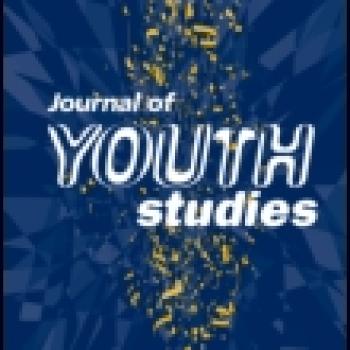Publication Information

Global policy attention has begun to focus on young people in developing countries and much of the discourse is framed around notions of "transition to adulthood" based on the idea that individuals develop in linear ways, separate from family and community. This idea has already been widely critiqued in western contexts. This paper explores the lives of children growing up in rural Andhra Pradesh, India, who are no longer in formal schooling, drawing on data from Young Lives, a longitudinal study of children in four developing countries. Analysis combines descriptive statistics and qualitative longitudinal research. The paper suggests that many of the assumptions underpinning the international discourse fail to match with the realities of young people?s everyday lives in rural India. It suggests that young people's obligations to family, combined with a sense of destiny, constrained by gender norms, help to explain their "transitions" — transitions that are interconnected and depend on each other. The paper concurs that the concept of transition may be useful as a heuristic device, but that it must be used critically and not simply be imposed on contexts that are themselves in transition and in process of rapid social change.
Keywords: transition; rural youth; agricultural work; Andhra Pradesh; India
The final published version of the article is available on the journal website.

Global policy attention has begun to focus on young people in developing countries and much of the discourse is framed around notions of "transition to adulthood" based on the idea that individuals develop in linear ways, separate from family and community. This idea has already been widely critiqued in western contexts. This paper explores the lives of children growing up in rural Andhra Pradesh, India, who are no longer in formal schooling, drawing on data from Young Lives, a longitudinal study of children in four developing countries. Analysis combines descriptive statistics and qualitative longitudinal research. The paper suggests that many of the assumptions underpinning the international discourse fail to match with the realities of young people?s everyday lives in rural India. It suggests that young people's obligations to family, combined with a sense of destiny, constrained by gender norms, help to explain their "transitions" — transitions that are interconnected and depend on each other. The paper concurs that the concept of transition may be useful as a heuristic device, but that it must be used critically and not simply be imposed on contexts that are themselves in transition and in process of rapid social change.
Keywords: transition; rural youth; agricultural work; Andhra Pradesh; India
The final published version of the article is available on the journal website.

